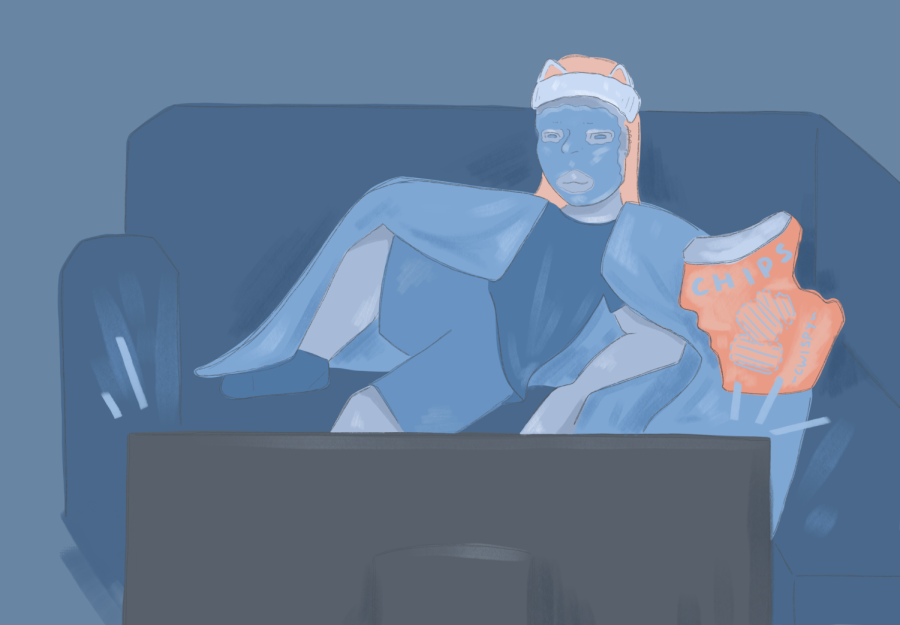UI students practice self-care
May 3, 2023
As students brace for their final exams and projects, they employ different tactics to stay afloat and minimize burnout.
For Archie Gertsman, graduate student studying industrial engineering, the end of this semester marks the movement toward another semester to completing his thesis.
Gertsman said he hopes to have it done by the end of the summer, which has made this semester more stressful.
To decompress, Gertsman said he visits home often during the weekends and walks around the University’s campus. He also watches the ducks and geese at a pond near County Market.
“Sometimes I just sit there, and I’m like, ‘What are they feeling right now?’” Gertsman said. “You know, do they feel like I feel? Do these ducks ever get depressed? They’re just grooming themselves constantly and just doing the same thing over and over again. For eternity.”
Get The Daily Illini in your inbox!
Gertsman’s thesis has driven him into a similar routine, he said. However, Gertsman has made a plan for when these thoughts pounce on him.
“If I feel really burnt out, I try to take a break from work (and) go on those walks,” he said. “I try to talk to my family. Give them a call or just visit home. Just reach out to people when possible.”
When under stress, Gertsman said students should not isolate themselves.
The scenery and sensation of a student’s study spot also matters, said Avery Gardner, sophomore in LAS.
“If you go to the cubicles in Grainger and ACES Funk Library, yes, you can study,” Gardner said. “But it also becomes really depressing in the off time. Studying on the (Main) Quad is nice because you have scenery, you have people, … temperature, wind and actual physical sensation.”
Gardner said she also liked studying at the Siebel Center for Design.
“Just any spot (where) I can distract myself from the realization that I’m only studying and nothing else,” Gardner said.
When her determination faltered, Gardner said her study group kept her going.
People studying for finals should also form study groups with others, Gardner said.
“Get study groups with people,” Gardner said. “Groups help because even if the collective does not want to study, the fact that you have resigned yourself to study with people will societally force you into it.”
Gardner said the other driving factors for her studying efforts were caffeine, taking breaks and “the crushing weight of expectations.”
For Jose Hernandez, senior in Engineering, the most important thing for finals season is having a plan.
“Be very intentional about your time and how much is given to each assignment,” Hernandez said. “If you go in without a plan, you may end up doing too much or too little.”
If a student wanted to study for 10 hours but only had five, they should still try to study in that time, rather than stress out about it, Hernandez said.
“Time is a limited resource and, sometimes, just the realistic thing is that you may not have as much time as you want or need for a specific task,” Hernandez said. “Sometimes, it’s just minimizing the losses.”
Another important part of life students need to consider is their mental health, Hernandez said.
“I don’t just think about it toward the end of the year,” Hernandez said. “I’ve gotten more accustomed to considering it as a year-round type of thing.”
Hernandez said students need to make small habits for themselves, so they can rely on their discipline when their motivation falters.
“It’s just a very realistic thing that those days are always going to come up,” Hernandez said. “So, whatever you can do on the good days to set yourself up for the bad ones.”







